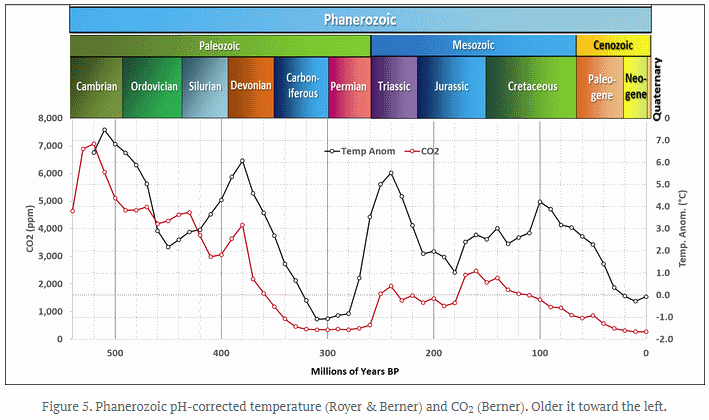|
|||||
A busy springDear , We've had a pretty full dance card for the last few months. With at least two functions each month. FunctionsThe highlight was the Sir Thomas McIlwraith Lecture with Trevor St Baker. We received extensive coverage in the Courier Mail. You can watch the lecture here, and questions afterwards here. The function was hugely successful with David Drake and his organising committee of table captains working hard to fill our new venue at 480 Queen Street. Fridays on LoganPut the first Friday of the month down in your diary. That's when we will be holding a regular function called Fridays on Logan. We've run two already and they've been a great success. Dan Ryan talked about the future of Hong Kong on Friday September 6, and our wine sponsor, Darren De Bortoli addressed some of the issues in the Murray Darling basin on Friday September 4. They are a relaxed friendly function, with a modest cost that covers the the wine and finger food. Starting at 5:30 it's a perfect way to unwind on the way home after work. They are in our offices at 50 Logan Road Woolloongabba, close to the city on the Southside, and with convenient road access to just about anywhere in South East Queensland. Our next Friday on Logan will feature Paul Collits talking about the phenomenon of Nationalist Conservatives. To book click here. Paul works with regional government to encourage entrepreneurial businesses, is an academic, and his writing is frequently featured in Quadrant. The essay that prompted this talk is here. Book LaunchesThe Queensland Resources Council CEO Hon Ian Macfarlane launched Coal an Australian History, which drew a crowd with some mining luminaries in it. Our next book launch will be Campus Meltdown. Edited by William Coleman it is a collection of essays by academics about the problems for free speech within the academy. It will be launched by Professor Emeritus Suri Ratnapaula, from the UQ law school. To book click here. We will also be launching Ten Remarkable Australians sometime later this year by Ian Macfarlane AC, former head of the Reserve Bank of Australia. Like our McIlwraith Lecture his book tells the story of Australians whose remarkable contribution to our country has been forgotten. Further details when we have a date tied down. A couple of thoughtsMonetary policyIt's time for the government, using its powers under the Reserve Bank Act, to pull the bank into line. It seemed like a good idea to have an independent Reserve Bank which would do its job irrespective of the whims and weaknesses of politicians. But the advent of possible negative interest rates, quantitative easing, and a governor who urges governments to go and invest using a hurdle rate of a couple of per cent, changes that in my mind. The job of the RBA ought to be to maintain the value of our currency, which means that there should be enough money in the economy for exchange, and to accommodate real growth, and no more. But central banks around the world have become imbued with magic theories of what they can do through the instrument of paper money. Worse, they have increasingly taken on, at least in their own minds, the sole responsibility for economic growth, which is like trying to steer a car using the accelerator and the brakes, but not the steering wheel. The policies being expounded by the current governor of the Reserve Bank have failed everywhere they have been tried, starting with Japan 27 years ago. Low interest rates are not the solution to economic stagnation, much less negative interest rates. All they do is either bias the savings of citizens towards riskier investments, or penalise them for their frugality if they keep it in cash or bonds. And low hurdle rates will lead to low productivity and further stagnation, as well as entrenching inequality between the asset-rich and the asset-poor. This is obvious to anyone but a central banker. And the economic pain when these arrangements are unwound will be excruciating. Extinction Rebellion and the School Climate StrikeThe biggest problem we face is the lack of education and curiosity of our high school and university students, and the determination of many of their teachers to indoctrinate rather than educate. Which is where parents, relatives and friends need to step in. It's up to us to fix the problem. Now, you won't be able to argue your domestic Greta (or Greger) Thunberg into a sceptical state of mind, but you might be able to Socratically play with that mind and do what their teachers should be doing – make them think. I've just come across the following graph on Watts Up With That. WUWT is what is termed by some as a "denialist" site, so it might be best to mention only that the graph is based on two peer-reviewed papers: Berner, R.A. and Z. Kothavala, 2001. "GEOCARB III: A Revised Model of Atmospheric CO2 over Phanerozoic Time", American Journal of Science, v.301, pp.182-204, February 2001; and Dana I Royer, Robert A Berner et al, 2004: "CO2 as a primary driver of Phanerozoic climate", GSA Today, v. 14; no 3, pp. 4-10, March 2004. The graph may superficially look to support a relationship between CO2 and temperature, but they need to look more closely. About 160 million years ago there was a peak of CO2 (at about 6 times current levels) and then it declined. At the same time temperature went up for the next 60 million years. How does this work if CO2 is the control knob? In the history of the world, CO2 has only once before been this low. How does an increase to a level still much less than average, become an existential threat to the planet? If a spike in CO2 240 million years ago to around 2000 ppm led to an increase in temperature of 5.5 degrees, and a spike in CO2 160 million years ago to around 2500 ppm led to an increase of about 3 degrees, and a spike in CO2 520 million years ago to 7000 ppm led to an increase of about 7.5 degrees, why would an increase from 400 ppm to 800 ppm (doubling from current levels) have much of an effect at all? There's a lot more questions in there, but I'll leave it at that. You want to push just hard enough that they want to go and interrogate the data themselves.
Regards,
Graham Young |
||
|
|||||


